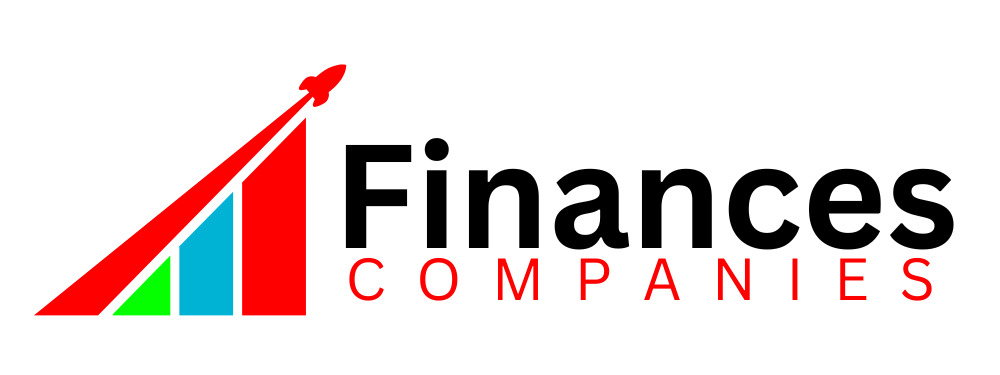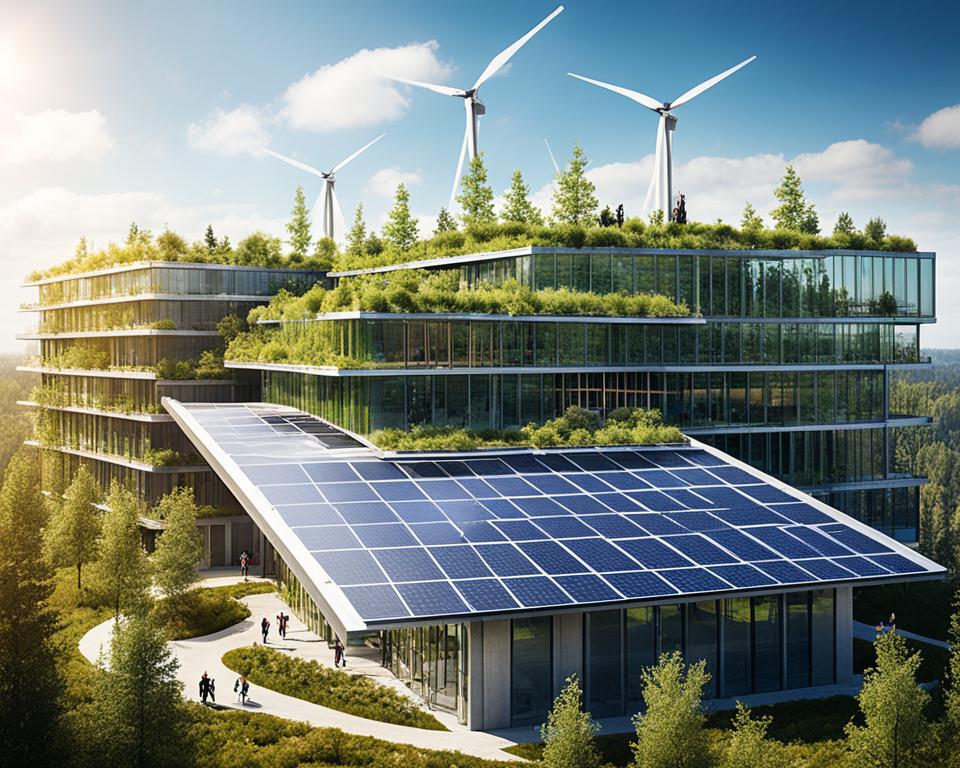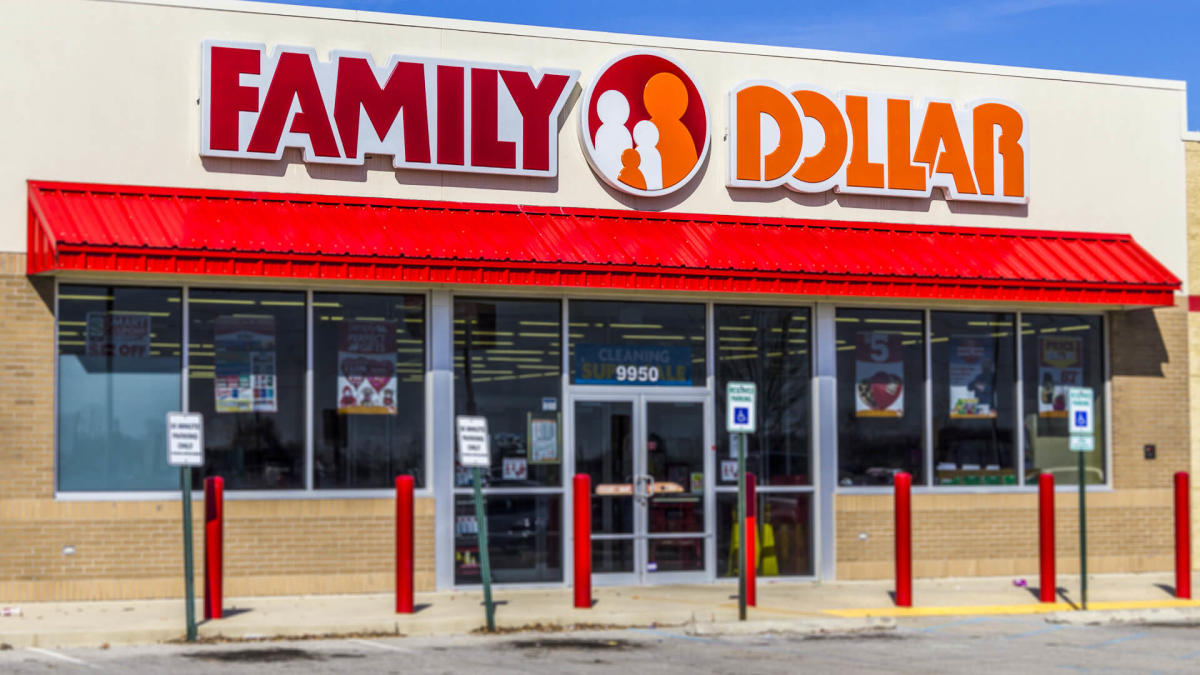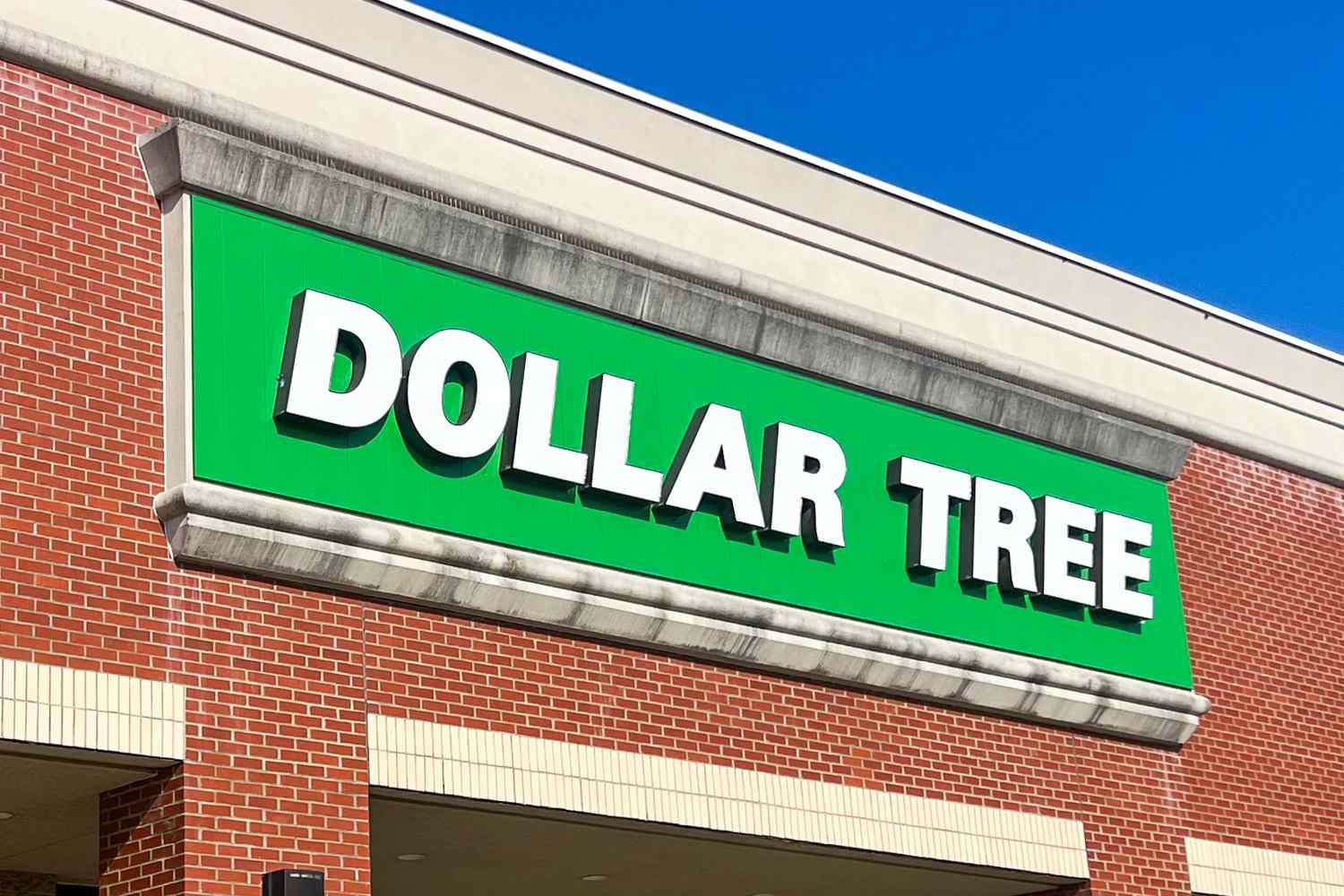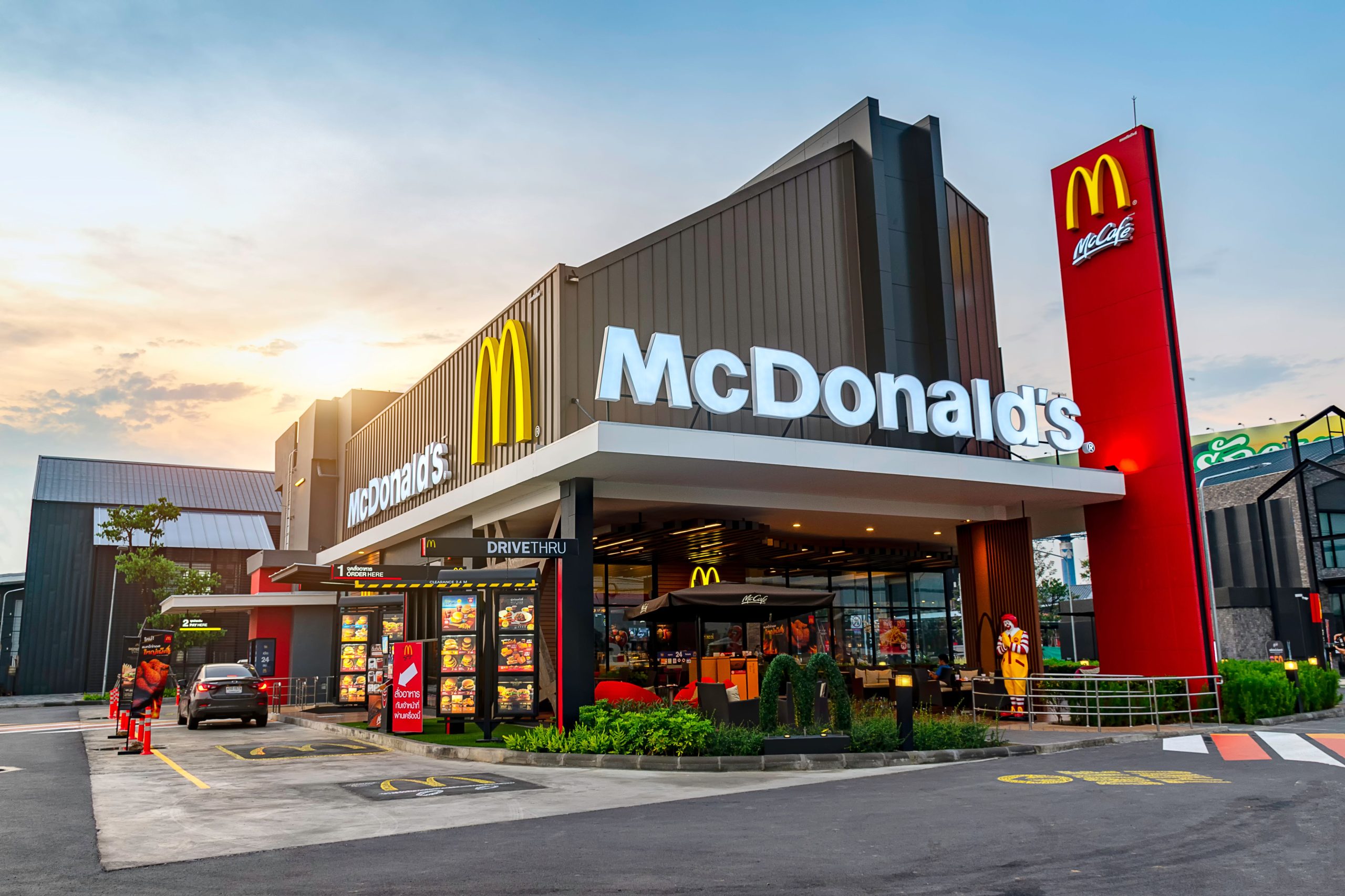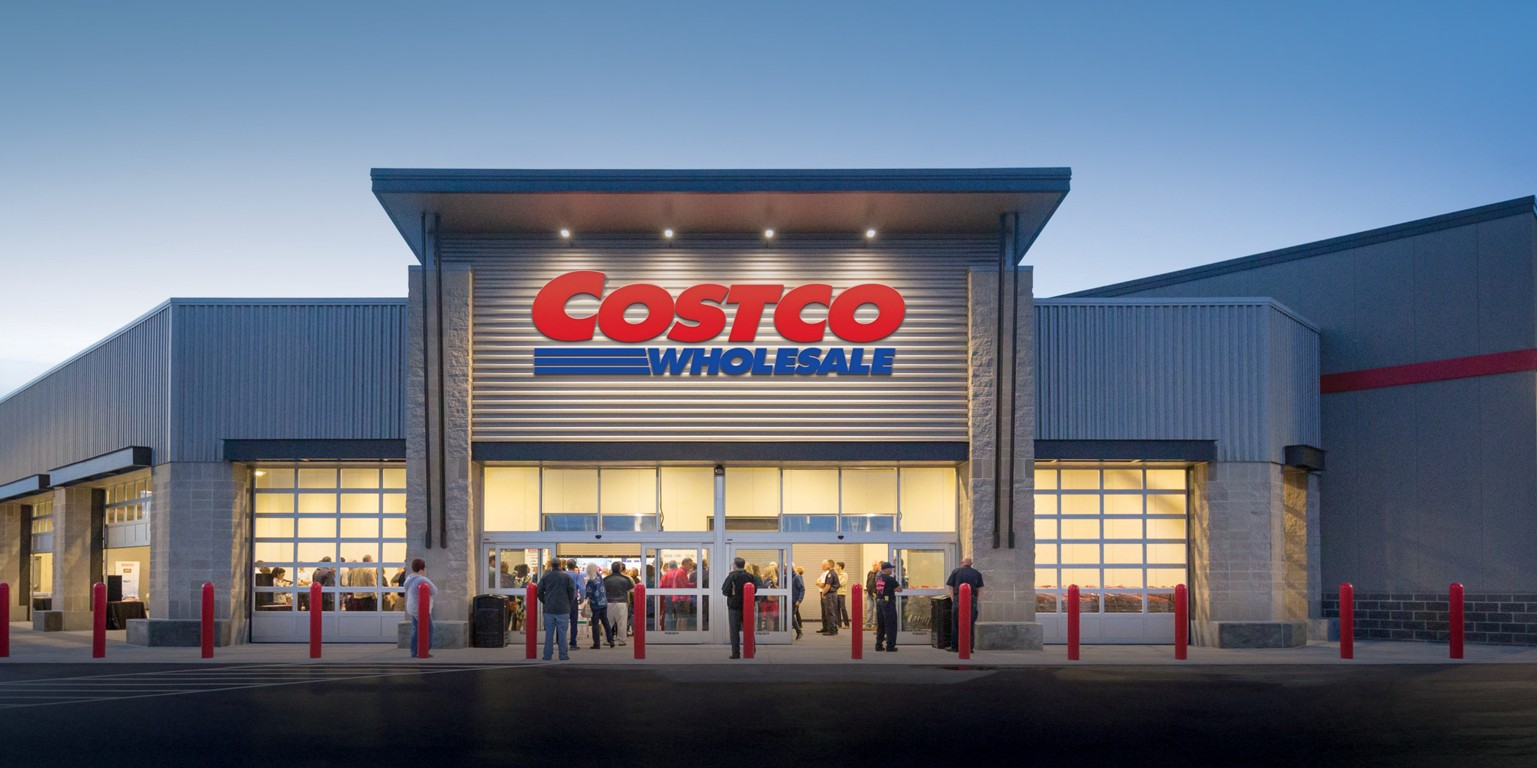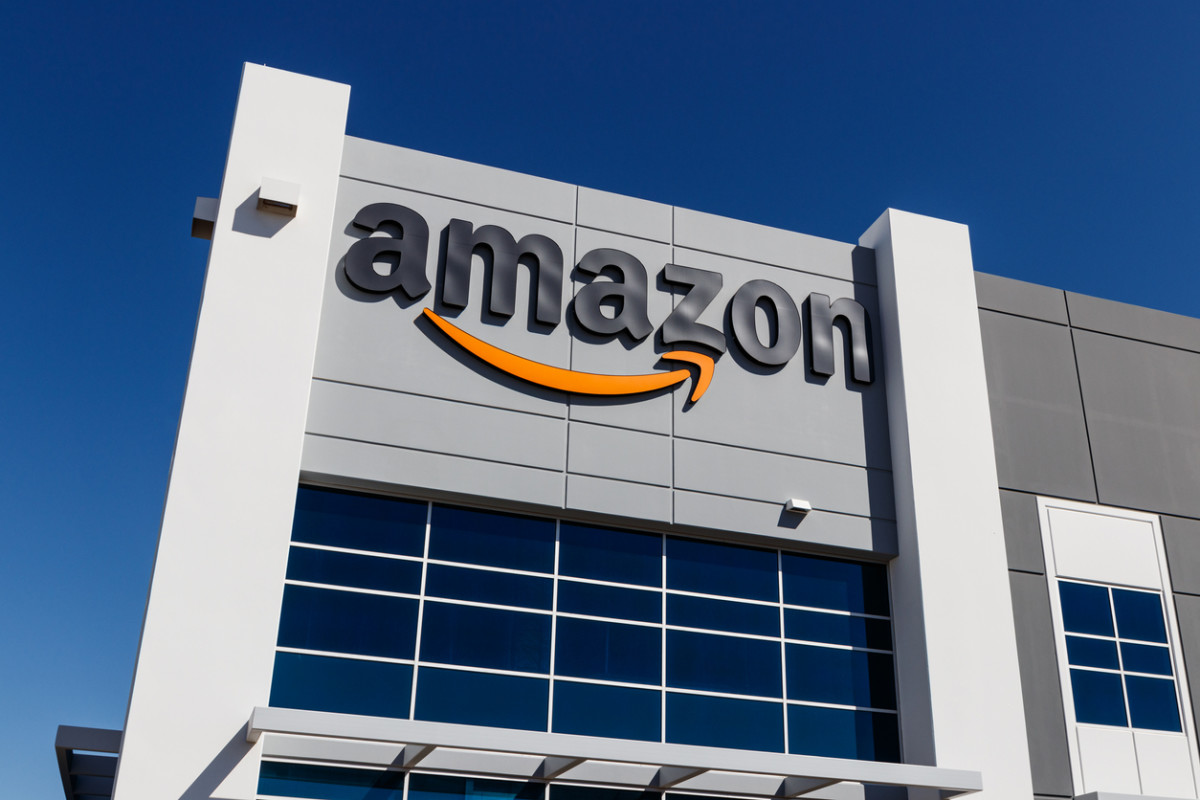Sustainability in the real estate sector is a growing and essential concept for preserving the environment and the well-being of society. By adopting green initiatives and practices in property construction, the real estate sector can play a key role in reducing the ecological footprint , promoting the circular economy and encouraging the use of renewable energy . This sustainable approach ranges from planning and construction to the management and use of properties, involving all participants in this ecosystem.
Sustainability in the real estate sector is a shared responsibility, where builders, developers, residents and authorities need to work together to achieve the objectives of reducing environmental impact and promoting sustainable development. This journey requires a change in mentality and the adoption of innovative solutions that aim to preserve natural resources, energy efficiency and improve the quality of life of occupants.
What is a sustainable property?
Sustainability in the real estate sector is increasingly in focus, as concerns about the environment and energy efficiency gain importance. A sustainable property is one that is designed, built and operated in a way that minimizes environmental impact throughout its life cycle.
Definition of sustainability
Sustainability is a broad concept that encompasses the conscious use of natural resources, the reduction of waste and emissions, and the promotion of social and economic well-being. In the context of civil construction, sustainability involves the adoption of practices and technologies that maximize energy efficiency , water conservation and the use of ecological materials .
Characteristics of a sustainable property
- Energy efficiency : Use of highly energy efficient lighting, air conditioning and household appliances systems.
- Water management: Solutions for capturing, treating and reusing rainwater and gray water.
- Sustainable materials : Use of renewable, recyclable and low environmental impact construction materials.
- Green spaces: Prioritization of garden areas and native vegetation.
- Waste management : Systems for selective collection and adequate disposal of waste.
- Indoor air quality: Ventilation and natural lighting, use of paints and materials with low emission of volatile organic compounds.
These are some of the main elements that characterize a sustainable property . The implementation of these concepts results in environmental, economic and social benefits, making enterprises more efficient, healthy and valued.
Main sustainability guidelines in the real estate sector
In order for energy efficiency , rational use of water , sustainable materials and sustainable certifications to be effectively implemented in each real estate project, it is important to consider their main guidelines. These sustainable practices aim to minimize the environmental impact of construction and promote a greener future.
Energy efficiency
Energy efficiency involves the use of materials and techniques that promote the reduction of energy consumption, such as thermal insulation , LED lighting and solar energy systems . These solutions help reduce energy costs and the carbon footprint of buildings.
Rational use of water
The rational use of water involves implementing rainwater collection systems , reusing water and adopting energy-saving taps and showers . These measures contribute to reducing the consumption of drinking water and promote the conservation of this natural resource.
Sustainable materials
The use of sustainable materials , such as certified wood and ecological bricks , is essential for the construction of green properties. These materials have a lower environmental impact during extraction, production and transportation.
Sustainable certifications
Sustainable certifications , such as LEED and AQUA , establish rules and guidelines to minimize the impacts of civil construction on the environment. These quality seals attest to the ventures’ commitment to sustainability.
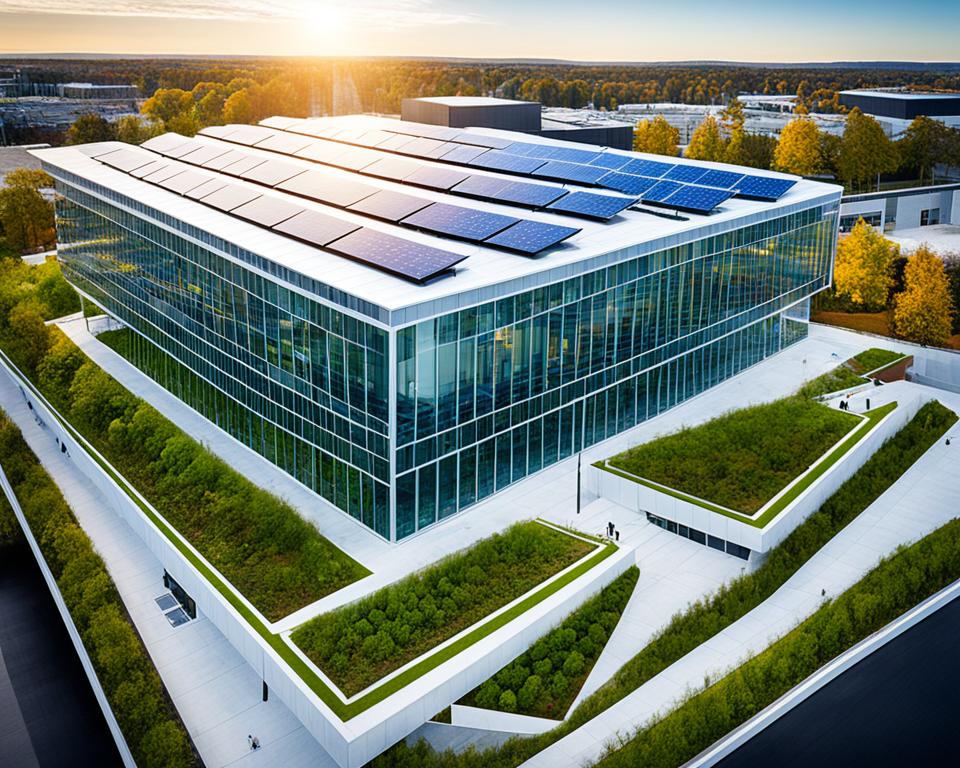
By adopting these main sustainability guidelines, the real estate sector can significantly contribute to preserving the environment and improving the quality of life of property occupants.
Benefits of sustainable construction
Adopting sustainable practices in the real estate sector brings a series of benefits, both for owners and society in general. From reducing operating costs to increasing property values, sustainability has become an increasingly important factor when choosing and investing in properties.
Reduction of operational costs
One of the main benefits of sustainable construction is the reduction of operating costs . Measures such as energy efficiency, rational use of water and adequate waste management contribute to reducing energy, water and maintenance expenses, benefiting both owners and tenants.
Valuation of properties
Sustainable properties tend to be more valued in the market , attracting a public that is increasingly aware of social responsibility and environmental preservation . This appreciation is not limited only to the sale price, but also to the ease of renting and the loyalty of tenants interested in a more sustainable lifestyle.
Modern infrastructure
In addition to the financial benefits, sustainable construction also provides a modern infrastructure , with comfort and well-being for occupants. Technologies such as system automation, the use of solar panels and rainwater treatment contribute to a more pleasant and efficient experience in everyday life.
| Benefit | Description |
|---|---|
| Reduction of operational costs | Energy, water and maintenance savings due to efficiency and proper management of resources. |
| Valuation of properties | Increase in market value and ease of rental due to buyers’ environmental awareness. |
| Modern infrastructure | Sustainable technologies that provide comfort and well-being to occupants. |
Therefore, the adoption of sustainable practices in the real estate sector is an investment that brings benefits of sustainable construction , such as reducing operating costs , increasing property values and implementing modern infrastructure . This approach not only contributes to the preservation of the environment, but also generates financial and comfort returns for owners and tenants.
Sustainability in the real estate sector: Green initiatives and practices
Sustainability is increasingly present in the real estate market, as consumers become more aware of their environmental impact and seek companies and products aligned with their ecological concerns. In the sustainable construction sector , several green initiatives and practices stand out that aim to reduce the impact of buildings on the environment.
One of the main trends is the use of solar panels to capture solar energy , allowing properties to be powered by a renewable and clean energy source. Furthermore, the adoption of ecological materials , such as certified wood , raw earth bricks and recycled materials, has increasingly gained ground in sustainable construction .
Another relevant initiative is the implementation of rainwater capture and reuse systems , which contribute to reducing the consumption of drinking water and the rational use of this natural resource. Waste management on construction sites has also become an essential practice for the sustainability of the sector.
These and other green practices have gained prominence in the real estate sector, meeting the growing demand for sustainable construction and promoting a better relationship between projects and the environment.
Sustainability practices on construction sites
Although the production of waste is inevitable on construction sites, conscious measures can be adopted to preserve the environment. From the correct storage of debris to the implementation of environmental management programs , sustainability practices on construction sites have become increasingly relevant in the real estate sector.
Waste Management
In smaller projects, the use of buckets to store solid waste is an effective option. These materials are collected during construction and sent to suitable sorting sites or landfills. In large projects, construction companies can invest in environmental management programs , separating debris from the project until the end of the work and promoting awareness training for their employees.
Reduced resource consumption
In addition to waste management , adopting measures to reduce water, energy and CO2 emission consumption, as well as reducing the loss of materials, can save time during construction and reduce the final cost. These sustainability practices contribute to reducing resource consumption and correctly disposing of waste on construction sites .
” Sustainability in the real estate sector is a shared responsibility between construction companies, clients and public authorities. Together, we can transform construction sites into greener and more efficient spaces.”
By implementing environmental management programs on construction sites, construction companies not only contribute to preserving the environment, but also generate long-term economic benefits, reducing operating costs and increasing property values.
Sustainable projects and initiatives
In the real estate sector, the most common sustainability projects include innovative solutions that aim to reduce environmental impact and improve the efficiency of projects. Three initiatives stand out in this context: the rainwater treatment and reuse system , the use of solar panels to capture renewable energy and the implementation of LEED (Leadership in Energy and Environmental Design) certification.
Rainwater treatment and reuse system
Reusing rainwater is a practice increasingly adopted in sustainable construction projects. This system collects rainwater, filters it and stores it to be used later in activities such as flushing toilets, irrigating gardens and washing cars. This initiative significantly contributes to reducing drinking water consumption, saving water resources and reducing water bills.
Use of solar panels
Another strategy widely used in sustainable construction is the installation of solar panels . This technology allows the capture of solar energy and its conversion into electrical energy, reducing dependence on the public grid and reducing energy costs. Furthermore, solar panels have a minimal environmental impact, contributing to reducing the carbon footprint of businesses.
LEED Certification
LEED certification is considered the main global assessment for sustainable developments, internationally recognizing projects that follow the best sustainable construction practices . This certification takes into account several aspects, such as energy efficiency, rational use of water , selection of sustainable materials and quality of the internal environment. The presence of this certification can increase the value of the property by up to 30% after delivery.
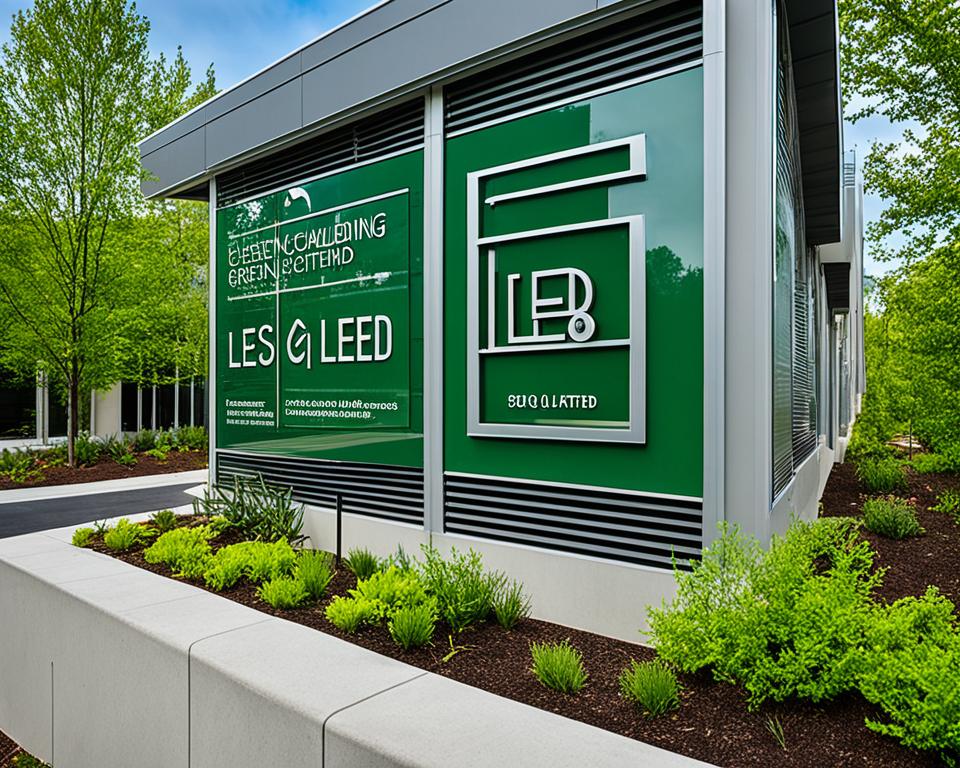
By implementing these sustainability initiatives , real estate projects not only reduce their environmental impact, but also stand out in the market, offering tangible benefits to their owners and occupants.
Events and fairs on sustainable construction
Greenbuilding Brasil is an annual fair essential for generating business in the sustainable construction market. The event brings together national and international companies that provide technology, equipment and services to the industry’s key decision makers, including architects, builders, engineers, service providers and green construction leaders.
In 2023, Greenbuilding Brasil will be part of the São Paulo Tech Week program, the biggest innovation and technology week in Latin America. This is an important opportunity for real estate professionals and companies to stay up to date on trends and innovations in sustainable construction.
Events and fairs like Greenbuilding Brasil allow participants to discover new materials, technologies and solutions that contribute to making buildings more efficient and sustainable. Furthermore, these events are valuable platforms for exchanging knowledge and identifying business opportunities in this constantly evolving sector.

